In March 2017, the Ministry of Finance and the Ministry of Economic Development proposed a tax maneuver called “22/22”. It affects the main indirect payment of the Russian tax system - VAT, as well as insurance premiums paid by employers. The rate of the first payment is proposed to increase, and the second - to reduce. What are the consequences of raising VAT and can they be compensated by lower insurance rates?
The essence of the maneuver
The idea is to reduce the direct tax burden on the business, or rather, on the payroll. The current aggregate rate of insurance premiums is 30%, and it is proposed to reduce it to 22%. It is clear that the government cannot simply reduce mandatory payments and deprive the budget of revenues. As compensation, it is proposed to increase the base VAT rate from the current 18 to 22%. Thus, redistribution will occur - direct payments will decrease, while indirect payments, on the contrary, will increase.
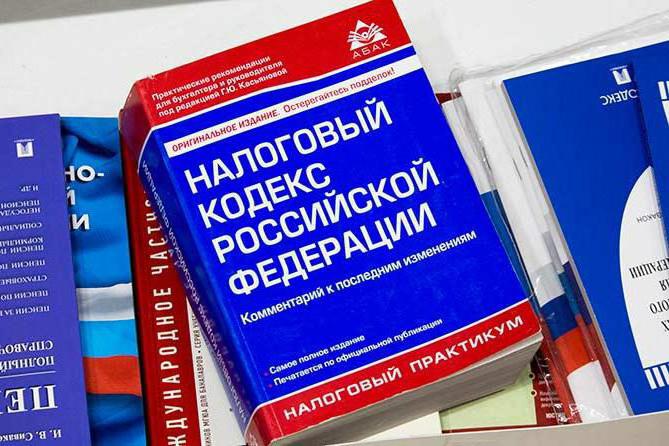
What does indirect tax increase mean? It is included in the price of goods and services and thereby is transferred to the shoulders of buyers. Thus, a 4% increase in VAT means about the same increase in prices for taxable goods and services.
A bit of history
Initially, the idea was proposed by Maxim Oreshkin, head of the Russian Ministry of Economic Development. The increase in VAT was supposed to be 21%, and at the same level it was proposed to fix the premium rate. At the same time, the threshold wage was canceled, above which tariffs were sharply reduced.
The Ministry of Finance liked the initiative, but it was slightly corrected. According to estimates, the 21/21 option deprived the budget of revenues of about 200 billion rubles annually. The ministry estimates that the “22/22” scenario will be more acceptable - this will add about 100 billion rubles to the budget annually.
As a result, the head of the Ministry of Finance, Anton Siluanov, voiced precisely this option, that is, an increase in VAT to 22% with a simultaneous reduction to the same level of the base rate of insurance premiums.
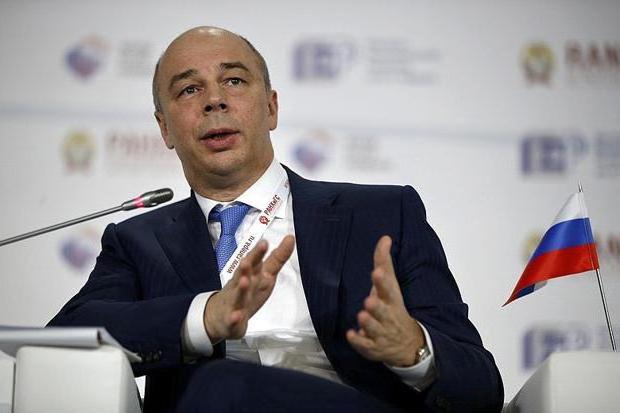
Why is all this necessary? The Ministry of Finance is confident that the maneuver will help clear the market of unscrupulous employers and reorient the tax system in the right direction. And this, according to the department, is two global problems of the Russian economy.
Reorientation of the tax system
The system of taxes and fees existing in Russia today over the past decade has shown a number of unfavorable signs. Trying to keep insurance systems in balance, the government is forced to increase taxes that businesses pay. Some entities can no longer or do not want to experience an ever-increasing tax burden and go into the shadows. That is, they simply “optimize” taxation by hiding revenues and overstating expenses through one of many gray schemes.

The result is sad - conscientious companies that previously honestly paid taxes cease to do so. As a result, deductions are reduced, and insurance systems again begin to "stagger". And again, the government is forced to raise taxes in order to keep them in balance ...
So, according to the Finance Ministry, increasing VAT and lowering insurance rates should help avoid this vicious spiral. The tax system will contribute to sustainable economic growth. And the government will not have to resort to raising taxes whenever the budget does not have enough funds to provide social guarantees.
Business Cleansing
One of the current trends among employers is still paying gray salaries to employees. This is directly related to the high burden on the wage fund.Its decline will stimulate companies to get out of the shadows - in any case, the Ministry of Finance believes so. Transferring part of the tax burden to consumers will allow companies and entrepreneurs to obtain economic benefits. At the same time, the volume of salaries “in envelopes” should be reduced - this will be facilitated by a reduction in insurance tariffs.
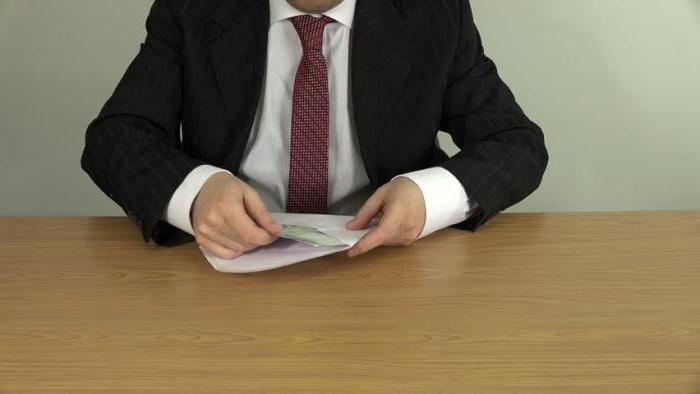
Moreover, the department is of the opinion that this process should occur naturally, without violence. Experience shows that tough measures produce only negative consequences.
Side effect: inflation
Offering a maneuver, Minister Siluanov did not conceal it - its implementation will lead to an increase in inflation. Presumably, this will be a one-time jump of 2%. The Ministry of Finance promised that the long-term inflationary consequences of raising VAT to 22% would not entail.
However, this is true provided that the Central Bank is able to control inflationary expectations of the population. And they, as you know, are very inert, that is, they remain quite high for a long time even after the inflation rate has decreased. Each new surge in it prompts the Central Bank to implement tough monetary policy measures. This can negate the emerging positive phenomena in the economy - lowering the key rate and keeping inflation at the target level.
Economists have calculated that as a result of maneuvering inflation may increase by 3, and according to other estimates - by 3.5%.
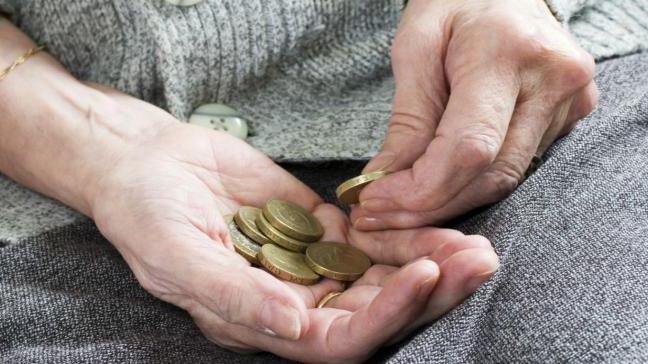
Negative business implications
It would seem that a reduction in insurance premiums is positive, but it will not have such a pronounced effect. Now in Russia there is a regressive rate of insurance tariffs, that is, the higher the salary, the lower the proportion of insurance premiums paid. The rate of 30% is valid for wages not exceeding 55 thousand rubles. And the national average effective contribution rate is 27%. Thus, with the establishment of a single tariff of 22%, the average rate will decrease by only 5%.
In addition, the maneuver involves the abolition of thresholds for wages and the establishment of a single rate for all. Reducing insurance rates under the conditions proposed by the Ministry of Finance will actually lead to an increase in the burden on those employers who pay high wages.
What will increase VAT? For some companies, this will cause a negative effect. And, oddly enough, mainly for those who do not pay this tax. After all, VAT payers accept input tax deductible, and in some cases reimburse it from the budget. But non-payers can not offset the input tax - they include it in the cost. Accordingly, an increase in the VAT rate will lead to an increase in their expenses.
The fate of the maneuver has not yet been decided
Having discussed the proposal of the Ministry of Finance in April 2017, the government came to the conclusion that the time for the proposed measures has not yet come. So the matter has not yet reached the bill on increasing VAT. However, this idea was not abandoned - the maneuver was only postponed for the time being, but remains on the agenda. This year the government does not intend to return to its discussion. Nevertheless, an increase in VAT, coupled with a decrease in insurance premiums, is part of the forecast for economic development for the period 2018–2020.
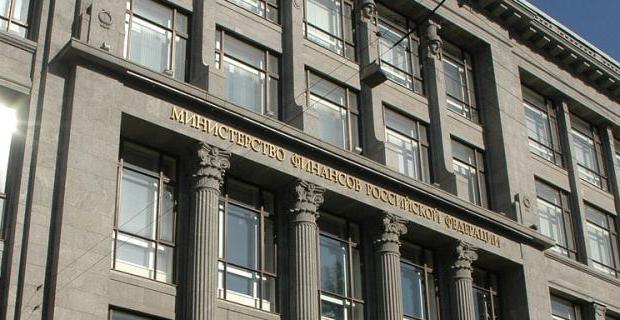
findings
Is it possible to isolate two taxes from the system and change their rates? Of course, this will give some effect, but will not solve most problems. Many economists agree that it makes no sense to implement individual tax policy measures - it is necessary to modernize the entire system as a whole. The previous tax reform gave a positive result, but since then the Russian economy has become completely different. If earlier many of the “holes” were covered by stable oil revenues, now that the price of black gold has dropped significantly, it is necessary to think about economic development. And the tax system should be built in such a way as to stimulate economic growth.